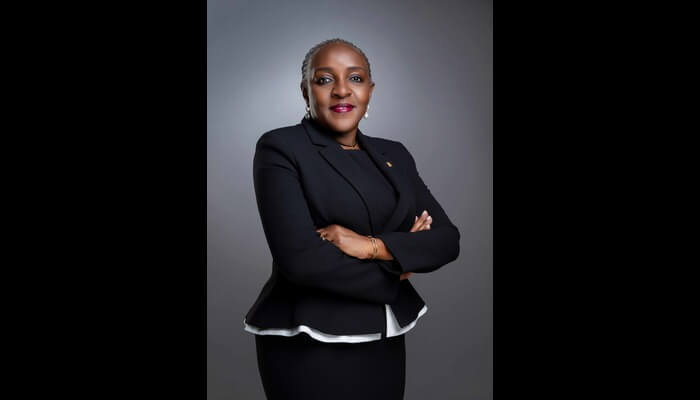The National Population Commission has urged a shift from fertility statistics to reproductive agency, as Nigeria unveiled the 2025 State of the World Population Report in Abuja
[dropcap]T[/dropcap]he National Population Commission on Tuesday unveiled the 2025 State of the World Population Report in Abuja, calling for a fundamental shift in both national and global policies to prioritise reproductive agency over fertility statistics.
Also read: Tinubu inaugurates committee for national population census, sets 3-week deadline
The report, produced by the United Nations Population Fund (UNFPA), is themed “The Real Fertility Crisis: T
he Pursuit of Reproductive Health Agency.” In his opening remarks, NPC Chairman Nasir Kwarra described the report as both bold and timely, warning against the obsession with population numbers while ignoring the lived realities of individuals especially women and young people.
“This report reminds us that the real crisis is not simply whether people are having fewer or more children. For us in Nigeria, this question is not theoretical it is real, it is urgent, and it is deeply personal,” Kwarra said.
He emphasised that millions of Nigerians still face serious barriers to reproductive autonomy, ranging from poverty and poor healthcare access, to deep-rooted gender inequality.
Citing data from the 2023–2024 Nigeria Demographic and Health Survey, the chairman noted a modest drop in Nigeria’s Total Fertility Rate (TFR) from 5.3 to 4.8 children per woman.
However, the statistics still point to troubling trends: a 21 percent unmet need for family planning and an adolescent fertility rate in which 15 percent of girls aged 15–19 are already mothers or pregnant.
“These statistics represent more than numbers—they tell the stories of young girls forced into early motherhood, women unable to space or limit pregnancies, and families striving to make reproductive decisions without adequate support,” Kwarra said.
While much of the world is worried about falling birth rates and the spectre of a so-called population implosion, Nigeria faces the opposite challenge.
With a youthful, fast-growing population**, the country must focus on giving individuals the means to make informed reproductive choices, while ensuring development strategies are inclusive and rooted in human rights.
“In Nigeria, these challenges are acutely felt,” Kwarra explained. “Our youthful population is vibrant and full of potential, yet many young people, especially young women, face formidable barriers to exercising their reproductive rights.”
These include lack of access to modern contraceptives, early and forced marriages, and societal norms that strip individuals of autonomy.
He stressed that addressing these challenges must go beyond controlling fertility rates—it must begin with empowerment, respect, and rights.
Kwarra reaffirmed the NPC’s commitment to data-driven policymaking, particularly through the forthcoming National Population and Housing Census, which he said is critical to building accurate, inclusive policy frameworks.
The event also served as a rallying call for collaboration across sectors. The NPC chairman urged government agencies, civil society organisations, religious leaders, development partners, and the private sector to play active roles in advancing reproductive health services and safeguarding human rights.
He concluded, “The 2025 SWOP Report rightly calls for a shift from policies focused on fertility rates to policies focused on reproductive agency.
From top-down decisions to bottom-up empowerment. From fear-based narratives to affirming every individual’s dignity and potential.”
Also read: Nigerian diaspora population hits 17m
According to Kwarra, the development case for reproductive rights is clear: “When people are able to make informed choices about their reproductive lives, they are more likely to invest in their education, in their families and in their communities.”
Oreoluwa is an accountant and a brand writer with a flair for journalism.





























